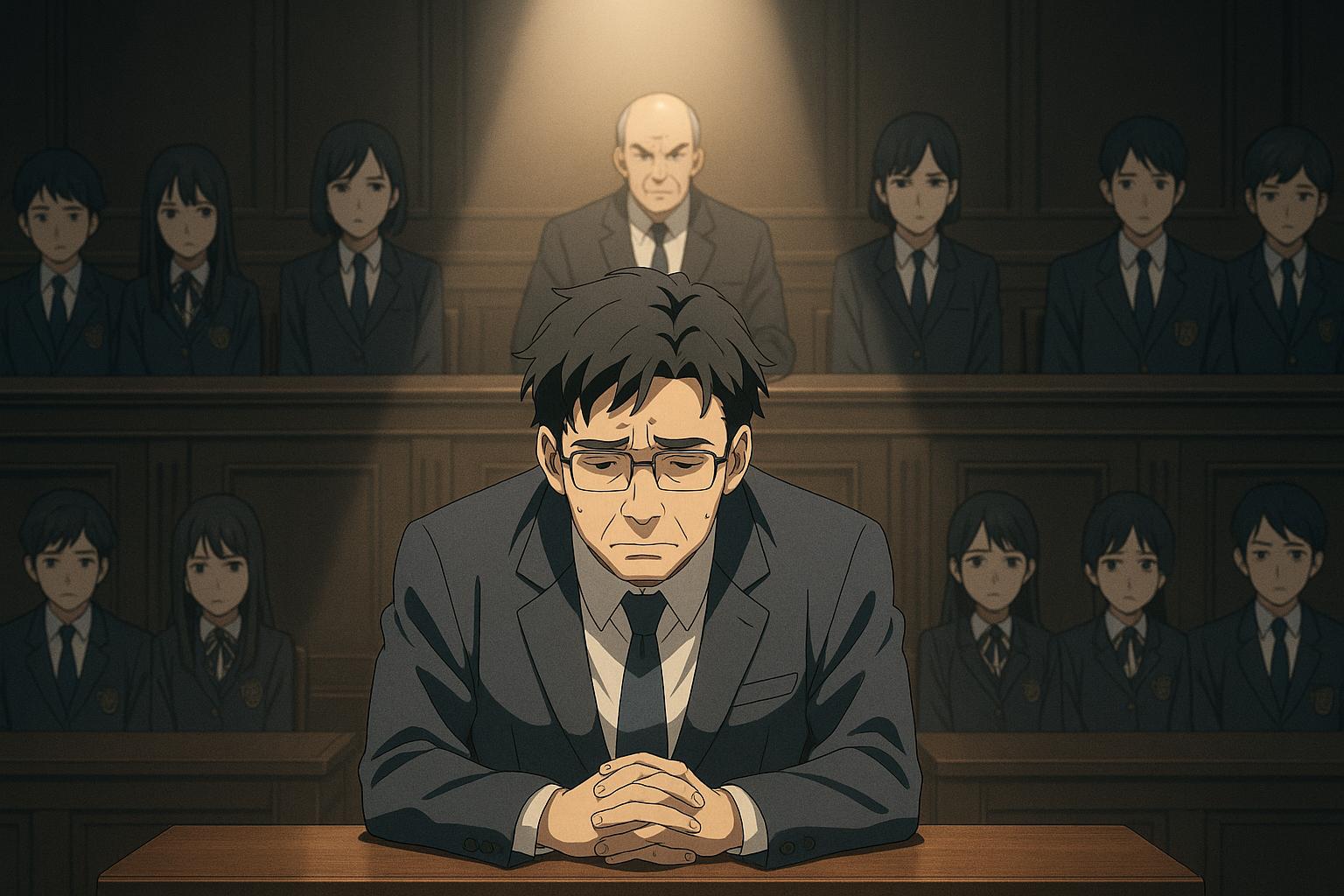The recent dismissal of Nick Barends, an assistant headteacher at Liverpool's prestigious Blue Coat School, marks a troubling chapter in the institution's history, shedding light on serious concerns regarding safeguarding and the management of staff conduct. Barends was removed following allegations that he handed out a highly inappropriate award during a school prom, which appeared to trivialise a student's complaint about sexual assault. His termination, confirmed after a contentious tribunal process, not only reflects the school's internal discipline but also raises critical questions about its handling of misconduct over the years.
Barends had previously faced severe allegations that had put his position in jeopardy. In 2010, he was dismissed for what was described as an inappropriate relationship with an A-level student. This incident prompted an investigation by both the school and local council, highlighting significant safeguarding concerns. Despite the conclusions reached by the Local Authority Designated Officer (LADO), who deemed him a persistent risk to children, an appeal panel controversially decided to reinstate him after reducing his penalty to a final written warning.
This reinstatement not only questioned the effectiveness of the school's disciplinary processes but also exposed vulnerabilities in its safeguarding protocols. The Blue Coat School has been under scrutiny not only for the Barends case but also for a broader culture within its management. Over a period fraught with "turmoil," including staff disputes and controversies surrounding leadership, the school’s handling of serious allegations has been called into question repeatedly.
The chain of events that led to Barends' ultimate dismissal began anew when a former student approached the school with concerns about his ongoing presence. She alleged that he had mocked a serious incident of sexual assault when he presented an award at the prom, reportedly entitled "the award for the student you'd least like to share a taxi with," directed at a male student accused of sexually assaulting her. This incident, which took place with the alleged victim in the audience, was described by Simon Gorton, legal counsel for The Blue Coat School, as an insulting reference to a sexual event, undermining Barends' defence that the award was innocuous.
Judge Ainscough confirmed the tribunal's findings of gross misconduct against Barends, stating that the school could not hold trust in his continued employment. The ruling culminated in a clear mandate that the school had acted appropriately and effectively in handling the complaints that led to Barends’ dismissal. A spokesperson for the school expressed relief at the tribunal's outcome, stressing the importance of the former student's bravery in bringing these matters to light.
Nonetheless, the ramifications of Barends' case extend beyond his personal dismissal. The school now faces significant pressure to improve its safeguarding framework and ensure that such incidents do not recur. Their commitment to enhancing staff training and raising awareness around issues of sexual misconduct and safeguarding has become imperative, both for safeguarding the wellbeing of students and restoring trust among parents and pupils.
In conclusion, the dismissal of Nick Barends underscores a crucial reckoning for The Blue Coat School, prompting urgent scrutiny of its past practices and the need for reform in its handling of serious allegations. As the school moves forward, it remains dedicated to fostering an environment where student safety and confidence in the educational system can be assured once more.
Reference Map
- Paragraph 1: [1], [2], [4]
- Paragraph 2: [2], [3], [7]
- Paragraph 3: [1], [5]
- Paragraph 4: [1], [3], [6]
- Paragraph 5: [1], [4], [6]
- Paragraph 6: [1], [5], [6]
Source: Noah Wire Services
